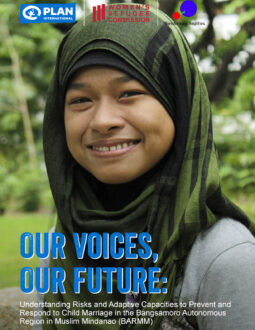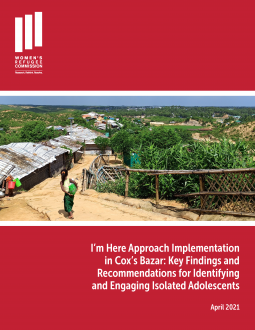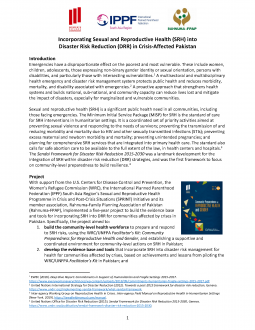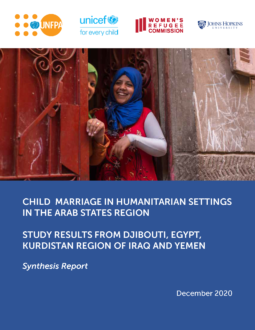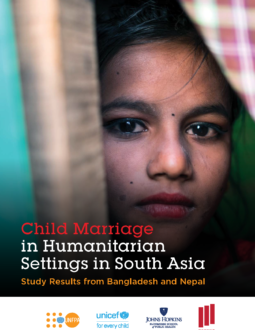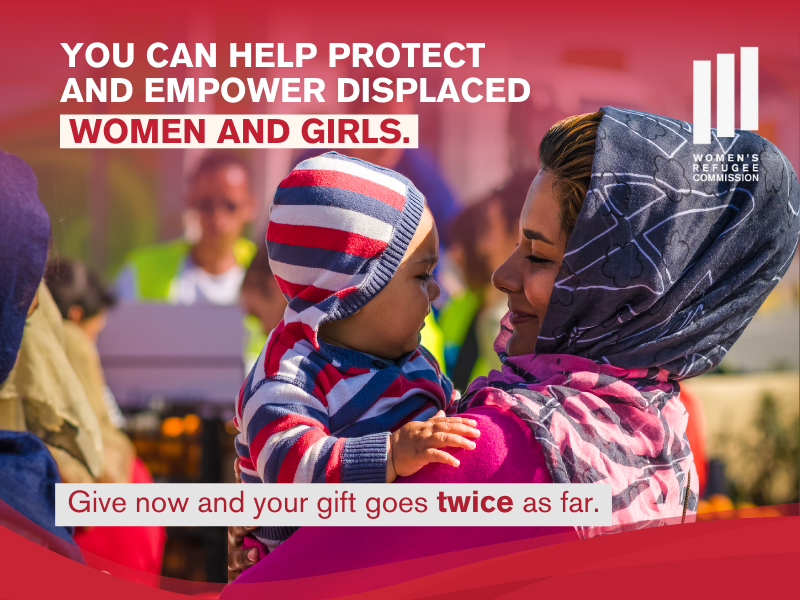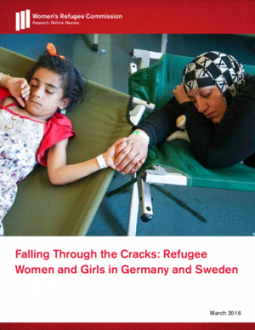
Falling Through the Cracks: Refugee Women and Girls in Germany and Sweden
PublishedGermany and Sweden have welcomed unprecedented numbers of refugees in the face of ambivalence or outright objections from other European countries. The magnitude and speed of the migration led to short-term solutions that do not address, and in some cases perpetuate, the risks of violence women and girls experience along the route.
The needs of women and girls often go unaddressed in accommodation centers in Germany and Sweden, where asylum seekers must live while their claims are processed. Often there are no separate living spaces for women and families and no sex-separated latrines or shower facilities. Women and girls are vulnerable to rape, assault, and other violence in these facilities.
There are no standard processes to identify and support gender-based violence (GBV) survivors. While asylum seeking women and girls can access emergency health care in both Germany and Sweden, whether post-rape care is considered as such is at the discretion of the individual doctor. Psychosocial support and access to safe shelters is even more complex, particularly in Sweden, where there are not always social workers in accommodation centers.
Current policies and asylum procedures also exacerbate the risks to women and girls. While Germany and Sweden recognize gender-based persecution as grounds for asylum, women and girls must navigate increasingly complicated legal and bureaucratic processes without sufficient support.
Finally, restrictions to family reunification, and the absence of a coordinated EU response, either continue to leave women and their children stranded in conflict zones or encourage the dangerous journey across the Aegean and through Europe to reunite with husbands, fathers, and brothers who went ahead in 2015.


